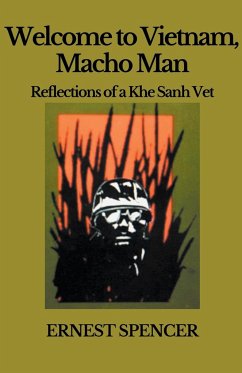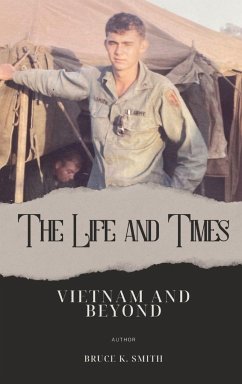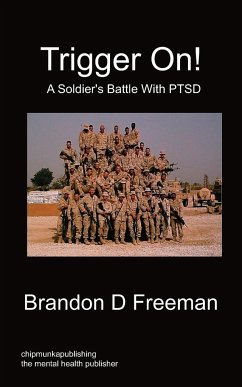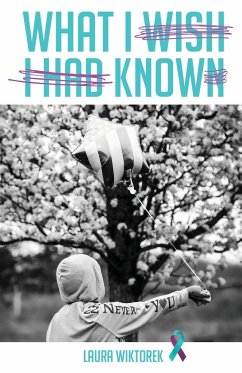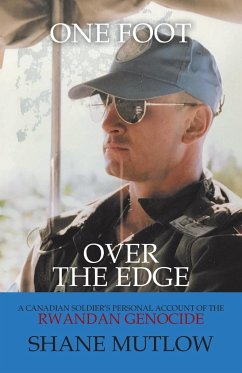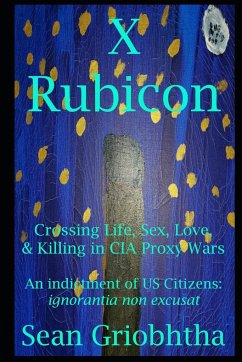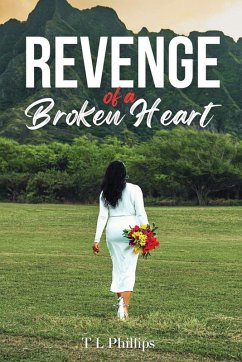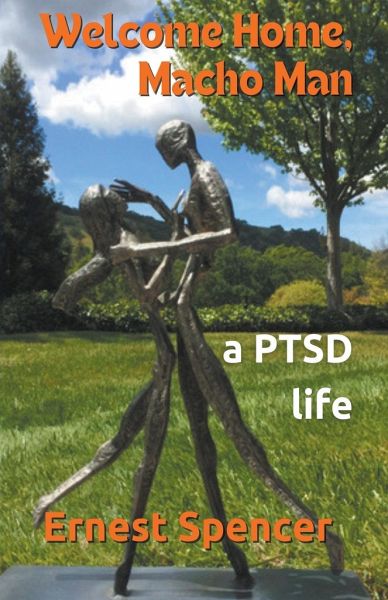
Welcome Home, Macho Man - A PTSD Life

PAYBACK Punkte
9 °P sammeln!
How does a Macho Man become a Macho Man? And what does he do with himself after getting to play "god" as a Vietnam War Commanding Officer of a Rifle Company in combat? This sequel to "Welcome to Vietnam, Macho Man" digs deep into the mind of a Khe Sanh vet. The author, Ernest Spencer, opens up and shares with the world his life experiences from both before and after surviving the longest battle in the Vietnamese War - 77 non-stop days of combat in Khe Sanh. Ernie offers a historical recount of growing up in a bi-racial family in Hawaii, loving and learning from ever present parents, grandparen...
How does a Macho Man become a Macho Man? And what does he do with himself after getting to play "god" as a Vietnam War Commanding Officer of a Rifle Company in combat? This sequel to "Welcome to Vietnam, Macho Man" digs deep into the mind of a Khe Sanh vet. The author, Ernest Spencer, opens up and shares with the world his life experiences from both before and after surviving the longest battle in the Vietnamese War - 77 non-stop days of combat in Khe Sanh. Ernie offers a historical recount of growing up in a bi-racial family in Hawaii, loving and learning from ever present parents, grandparents and extended family and being exposed to military exercises, and heroism from a very early age. How does wartime service change a person? Ernest shares his struggles with finding a place to fit back into the American Dream. Some, like the author, transition back into society very well in the eyes of the world, yet the demons deep inside are grappled with daily. Ernest's undiagnosed PTSD creates havoc in his life. He feels ashamed of himself for surviving the battle of Khe Sanh while he observed so many around him perish. His silence and the sequestering of his feelings inside causes chaos and destruction in his life. Some veterans cannot make the transition back into their former everyday life and spend a large part of their post-war lives suffering outwardly, struggling with drug addiction, and consequently being rejected/ignored by the community around them. Ernest discovers many of these veterans and retells his attempts to rehabilitate and empower them to be healthy and productive adults. Who really stands up and supports veterans with post-war mental illnesses and what are their methods? Enjoy this book, think deeply, and give praise to our brave young soldiers and all that they've endured for our country.




